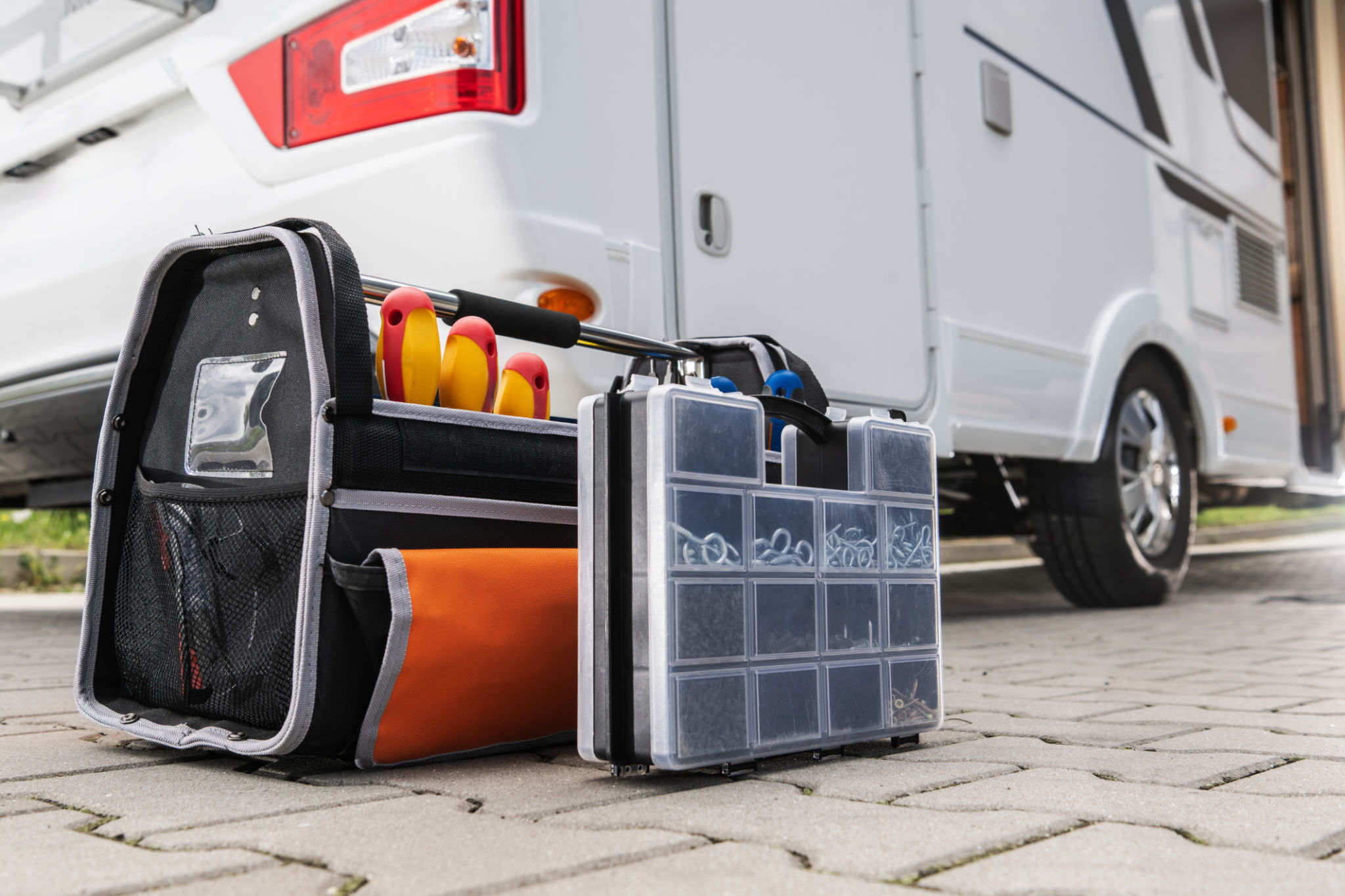How to Conduct a Basic RV Inspection Before Buying
MJ
Introduction to RV Inspection
Buying a recreational vehicle (RV) is a significant investment, and conducting a thorough inspection is crucial to ensure you make a smart purchase. A basic RV inspection helps you identify potential issues and assess the overall condition of the vehicle. Whether you're a first-time buyer or an experienced RV enthusiast, understanding what to look for during an inspection can save you time and money in the long run.

Exterior Inspection
Check for Visual Damage
Begin your inspection by examining the RV's exterior for any visible damage. Look for dents, scratches, or any signs of rust on the body. Pay close attention to the roof for cracks or holes that might lead to leaks. It's also crucial to inspect the seals around windows and doors to ensure they are intact and free from wear.
Inspect Tires and Wheels
The condition of the RV's tires and wheels is vital for safe travel. Check for uneven wear patterns on the tires, which could indicate alignment issues. Look for cracks or bulges in the sidewalls and ensure the tread depth is adequate. Don't forget to examine the wheel rims for any signs of damage or corrosion.

Interior Inspection
Assessing Living Areas
Once you've completed the exterior inspection, move inside to evaluate the living areas. Check all furniture and fixtures for wear and tear. Open and close cabinets, drawers, and doors to ensure they function smoothly. Be on the lookout for signs of water damage or mold, particularly in areas near sinks or showers.
Test Appliances and Systems
It's essential to test all appliances and systems within the RV to verify their functionality. This includes the stove, refrigerator, air conditioning, heating system, and any built-in entertainment devices. Ensure the plumbing system is in good working order by running taps and flushing toilets.

Mechanical Inspection
Engine and Transmission
If you're considering a motorized RV, inspecting the engine and transmission is critical. Check for any signs of oil leaks or unusual noises when starting the engine. Review maintenance records if available, as regular servicing can indicate a well-cared-for vehicle.
Electrical System
The electrical system is another key component to examine. Test all lights, both interior and exterior, to ensure they are operational. Check outlets with a voltage tester to confirm they are providing power. If the RV has a generator, run it to ensure it's functioning correctly.
Final Thoughts
A thorough RV inspection can help you avoid costly repairs and ensure a smooth buying process. While this guide covers basic inspection points, consider hiring a professional inspector for a more comprehensive evaluation. With careful scrutiny, you'll be better equipped to make an informed decision and enjoy your travels with peace of mind.
